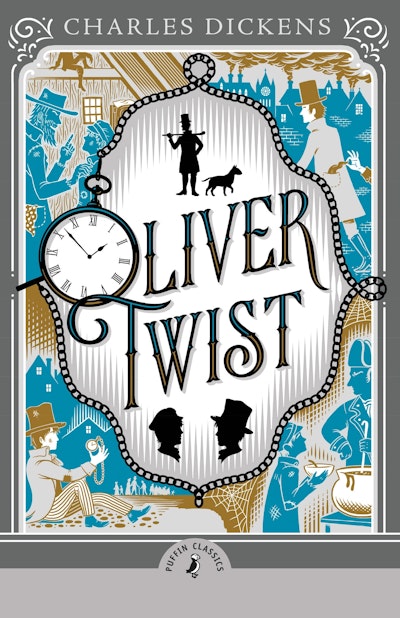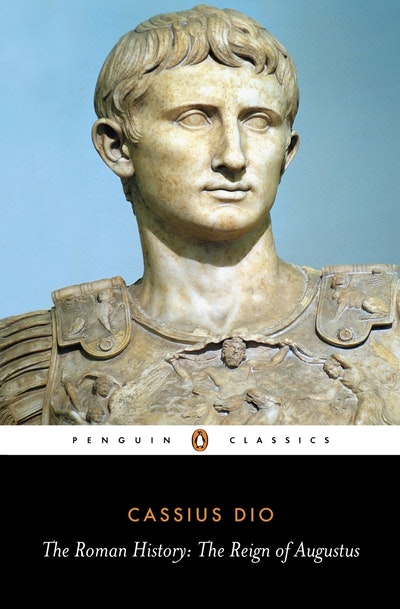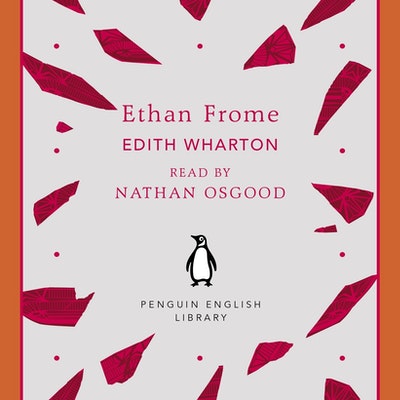- Published: 8 December 2009
- ISBN: 9780141442471
- Imprint: Penguin Classics
- Format: Paperback
- Pages: 160
- RRP: $26.99
So Bright and Delicate: Love Letters and Poems of John Keats to Fanny Brawne
Published to coincide with the release of the film Bright Star, written and directed by Oscar Winner Jane Campion (The Piano, In the Cut), starring Abbie Cornish (Elizabeth: The Golden Age) and Ben Whishaw (Brideshead Revisited, Perfume)
Published to coincide with the release of the film Bright Star, written and directed by Oscar Winner Jane Campion (The Piano, In the Cut), starring Abbie Cornish (Elizabeth: The Golden Age) and Ben Whishaw (Brideshead Revisited, Perfume)
John Keats died aged just twenty-five. He left behind some of the most exquisite and moving verse and love letters ever written, inspired by his great love for Fanny Brawne. Although they knew each other for just a few short years and spent a great deal of that time apart - separated by Keats' worsening illness, which forced a move abroad - Keats wrote again and again about and to his love, right until his very last poem, called simply 'To Fanny'. She, in turn, would wear the ring he had given her until her death. So Bright and Delicate is the passionate, heartrending story of this tragic affair, told through the private notes and public art of a great poet.
- Published: 8 December 2009
- ISBN: 9780141442471
- Imprint: Penguin Classics
- Format: Paperback
- Pages: 160
- RRP: $26.99
























































































































































































































































































































































































































































































































































































































































































































































































































